Coloquio Internacional de Estudios del Diálogo en español y portugués
Correo electrónico:
Información adicional:
El Coloquio abordará sobre el Análisis del Discurso y la Pragmática, especialmente en su dimensión dialógica. El objetivo reside en incluir un programa que muestre el panorama general de la investigación actual en esta área del conocimiento, y que se organizará en torno a tres conferencias plenarias y sesiones simultáneas de 20 minutos, donde se presenten ponencias y se realicen debates teórico-metodológicos de 10 minutos después de cada presentación. Temática de las sesiones simultáneas:Análisis conversacionalDiálogo y política La dimensión dialógica en los medios Diálogo e ideologíaAdquisición de segundas lenguas y el diálogoDiálogo e identidad La dimensión pragmática del diálogoLa cortesíaIronía y humorOtras dimensiones dialógico-discursivasLos colegas interesados en participar deben enviar su resumen antes del 1 de diciembre de 2006. Los autores deben enviar a Spdsconf07@hotmail.com un mensaje donde se adjunte el resumen bajo las siguientes condiciones: no debe ser superior a dos cuartillas (medidas de las hojas 21 x 29 cm. y con todos los márgenes de 2,5 cm.), que incluya ejemplos y referencias; y ha de estar escrito en Word, con caracteres Times New Roman de 12 puntos. Además, en el texto del mensaje se debe anotar el título de la ponencia, el área temática correspondiente (si fuera posible adecuándose a la lista de temas mencionadas anteriormente), el nombre del o de los autor(es), afiliación, dirección, número de teléfono y dirección electrónica. (No deben anotar esta información en el resumen adjunto, y tampoco enviar el resumen por fax.) Cada investigador debe mandar un solo resumen (sea en participación individual o en colaboración). Se dará preferencia a las ponencias que no hayan sido presentadas en otros congresos. Más información:Página web del Congreso.Correo electrónico: spdsconf07@hotmail.com
País:
